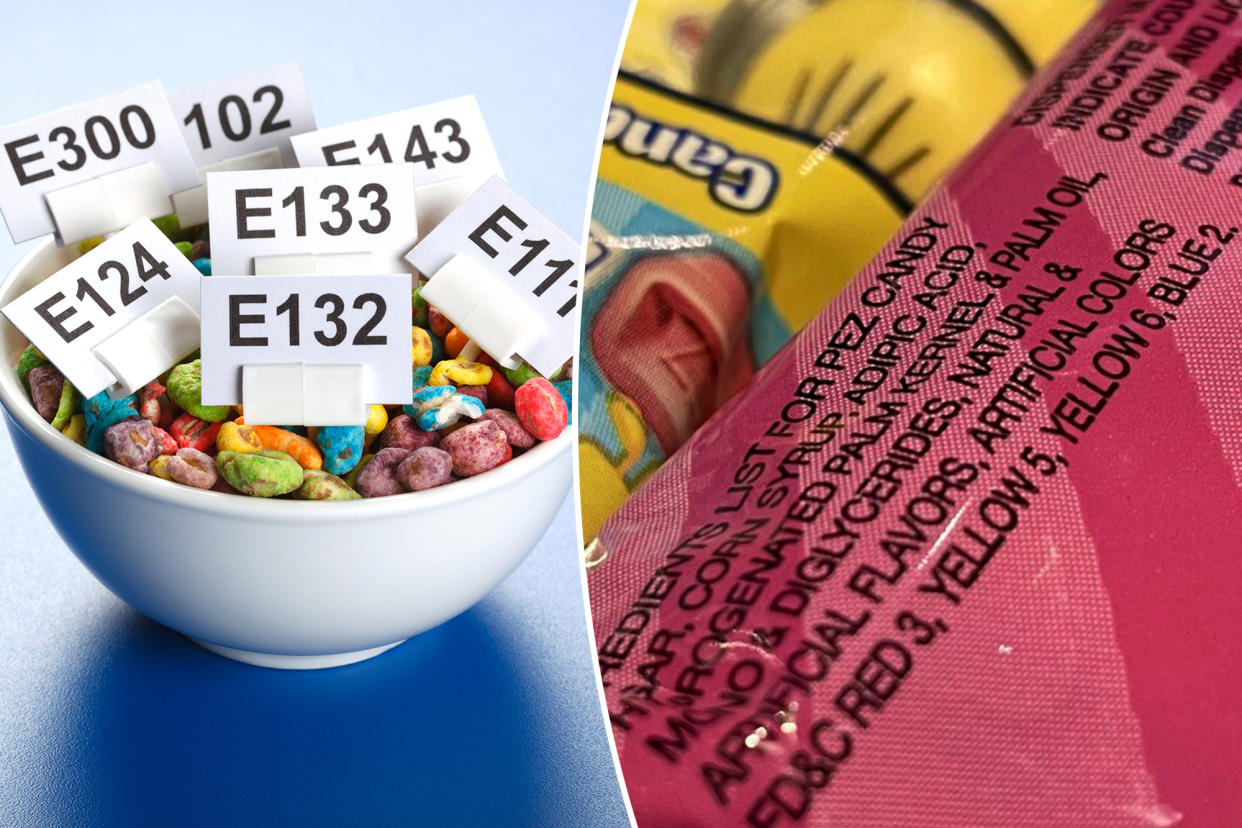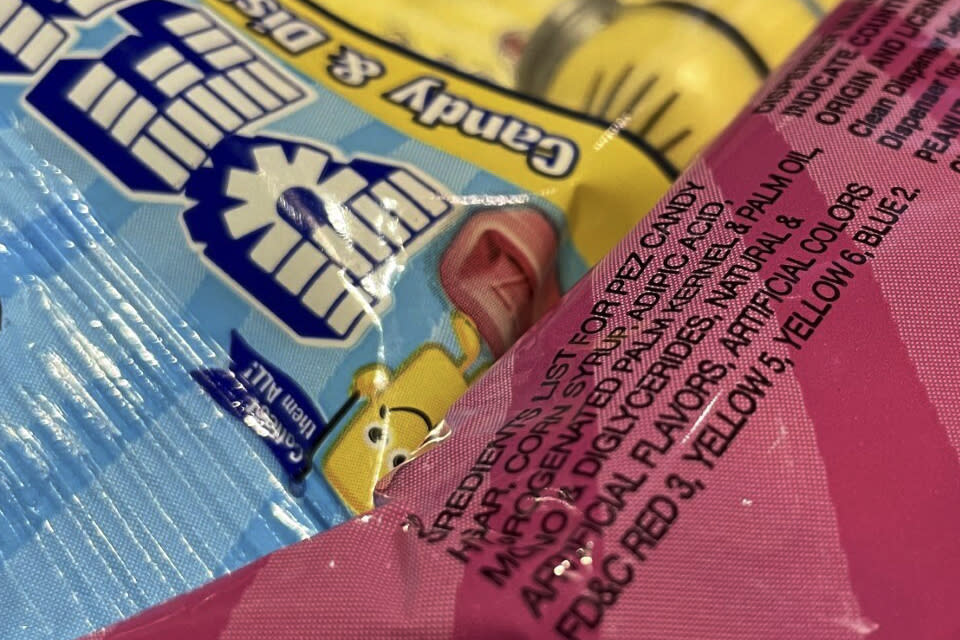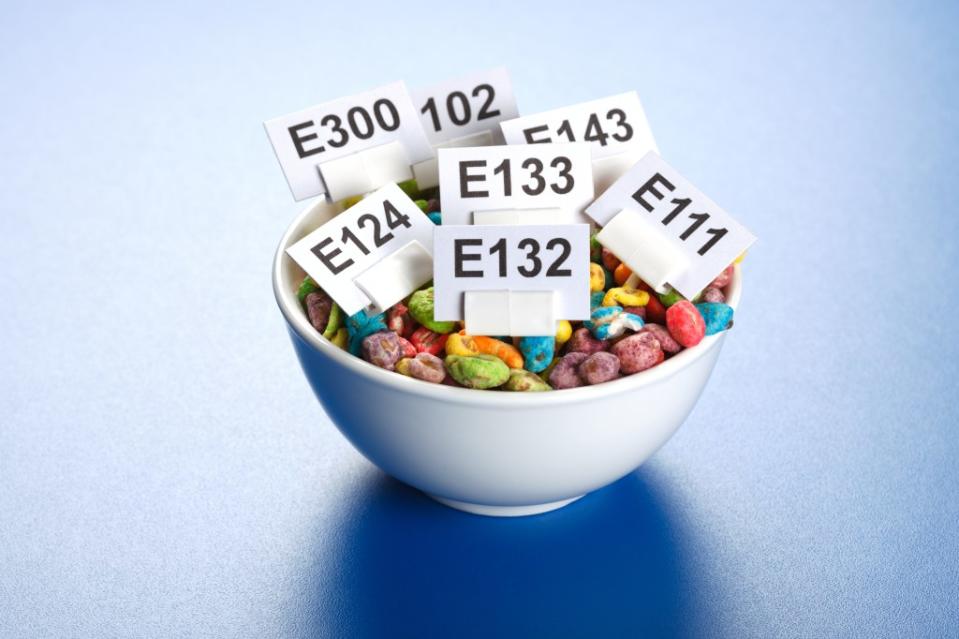Popular snacks could be banned in certain states over cancer fears

Now this is a cereal killer.
Some of Americans’ favorite snacks and classic candies could be banned in several states due to cancer-causing chemicals in their ingredients.
These foods include cereals such as Lucky Charms and Froot Loops, candies including Skittles, Nerds, M&M’s and Swedish Fish and snacks like Flamin’ Hot Cheetos and Doritos. Gatorade and other sports drinks are also on notice.

Many of the chemicals in these foods are already banned in most of Europe, and now several US states are following suit. In October, California passed the so-called Skittles Ban, which outlawed some potentially carcinogenic food chemicals: brominated vegetable oil, potassium bromate, propylparaben and red dye No. 3.
Potassium bromate, for example, is used to strengthen the texture of bread, but it’s also a known carcinogen in rats, and may cause kidney issues in humans. Brominated vegetable oil, which is used to help keep citrus from rising to the top in beverages, has a toxic effect on the thyroid. The ingredient was once used in Mountain Dew. This bill is set to go into effect in 2027, but only applies to California.
On March 5, lawmakers introduced two bills to protect people in New York from even more toxic chemicals in food, the Environmental Working Group reported.
The proposed bills would ban the four chemicals that got the ax in California, plus titanium dioxide, BHA and azodicarbonamide, or ADA, which is found in certain bread products.
Politicians in Pennsylvania are calling for the ban of colorings Red 40, Yellow 5, Yellow 6, Blue 1 and Blue 2. Illinois, New Jersey and Missouri are also considering bans of certain additives.

These chemicals have been linked to a higher risk of hyperactivity and behavioral problems in children as well as higher cancer risk, harm to DNA and harm to the nervous system.
A 2021 review from the California Environmental Protection Agency tied dyes to adverse behavior, which scientists believe is tied to how the dyes impact the brain’s dopamine, a neurotransmitter and hormone responsible for feelings of pleasure and reward.
Yellow 5, Yellow 6 and Red 40 are also known to have benzene, which is linked to certain cancers.

In November, the FDA proposed a federal ban on brominated vegetable oil because of the damage it can do to the nervous system. California is hoping to ban another chemical linked to hyperactivity called Green 3.
The bans won’t simply outlaw the foods. Their purpose is to pressure companies into changing their recipes.
“When you combine the fact that they are linked to certain types of cancers [and] linked to behavioral difficulties, it really highlights the point that these are things that don’t belong in food because of the increased risk that it presents. That is the crux of the bill,” Brian Ronholm, director of food safety at Consumer Reports, said in a press release.
However, this approach to banning certain chemicals is patchwork and enacted state by state. Meanwhile, Indiana, Maryland, South Dakota, Washington, West Virginia and others are trying to get rid of the bans on additives.

